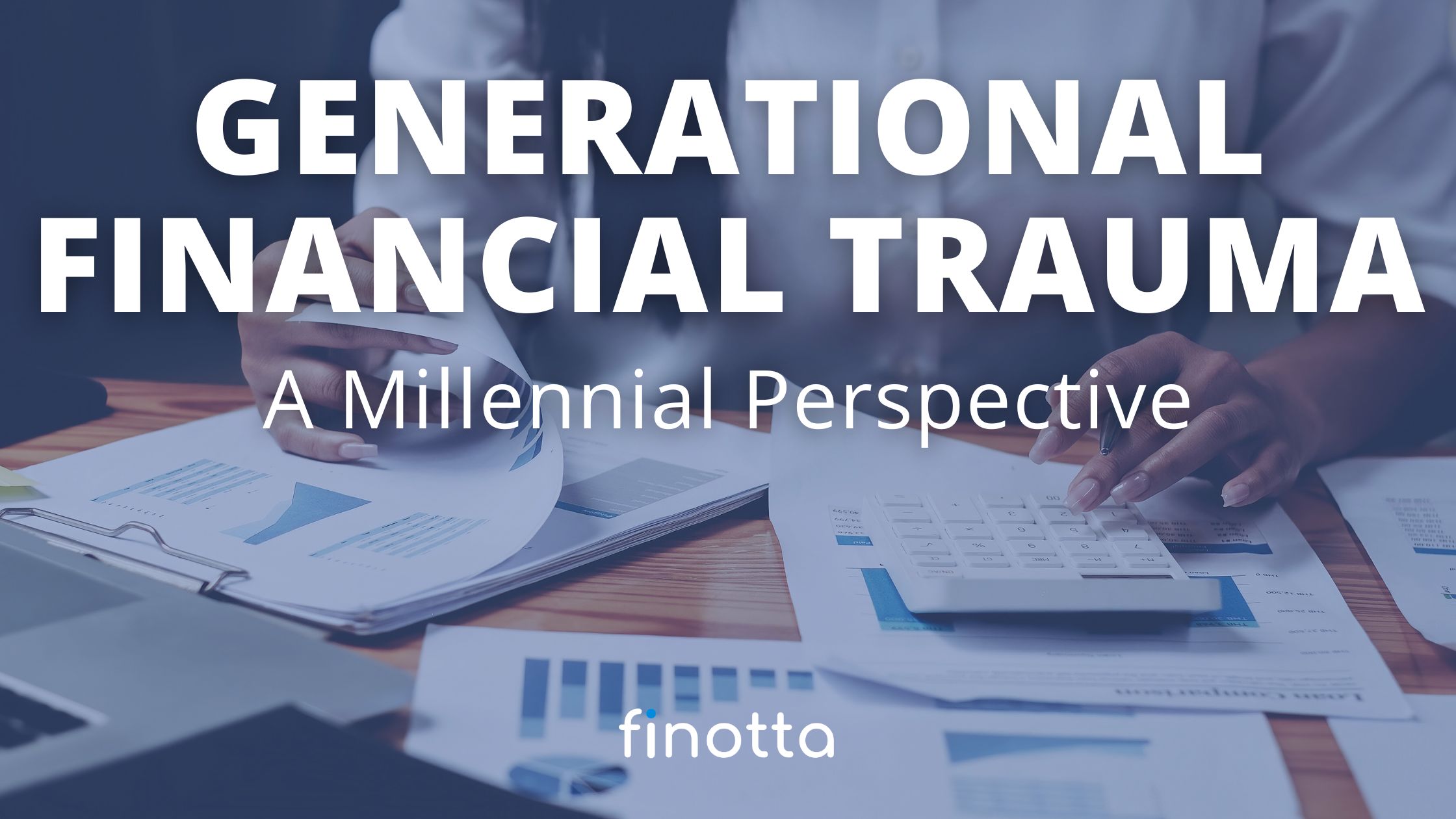Finotta
Nov 13
5 min read

